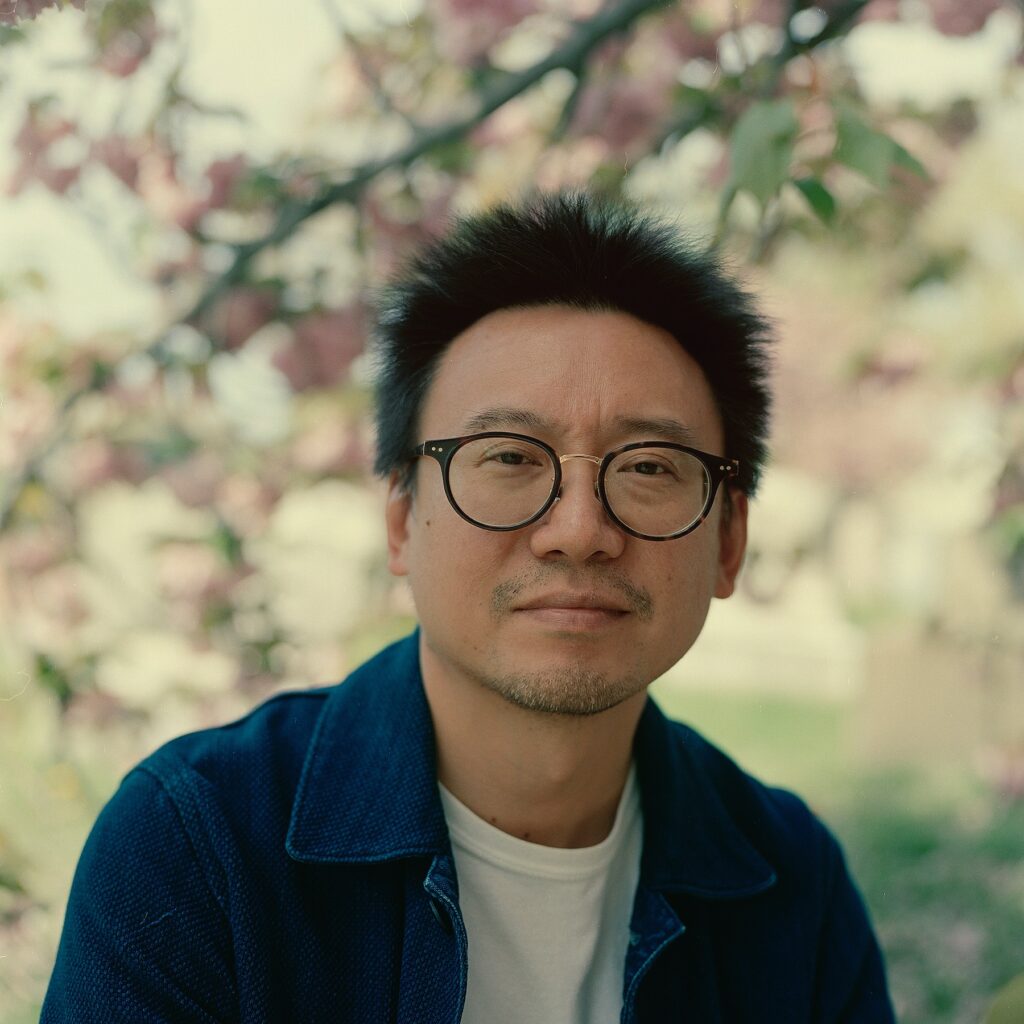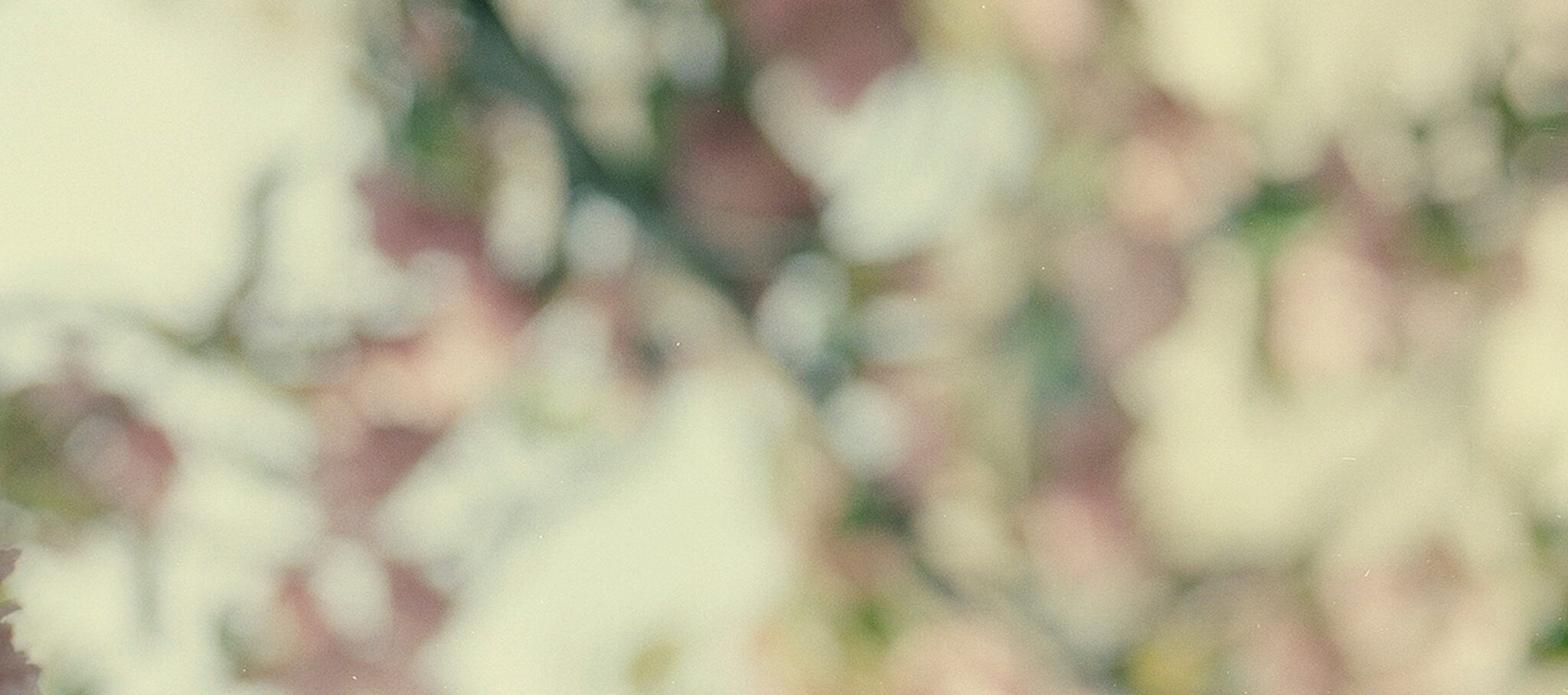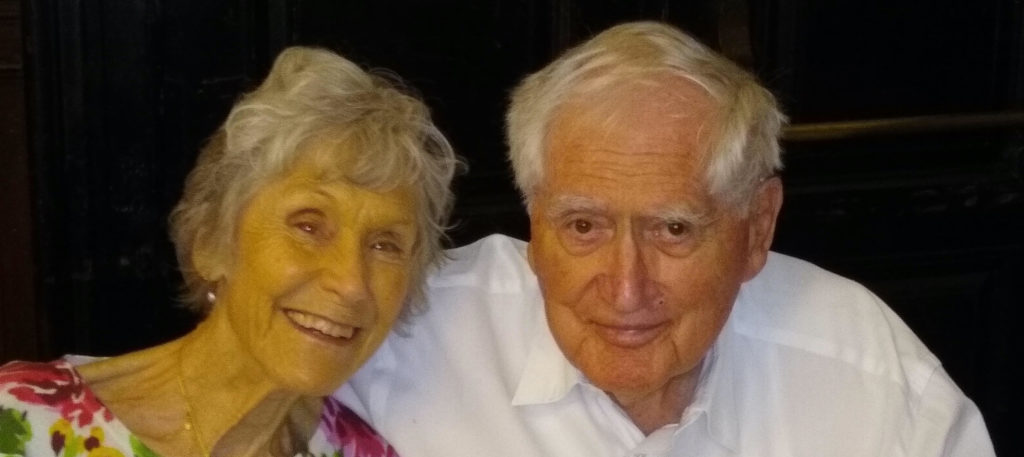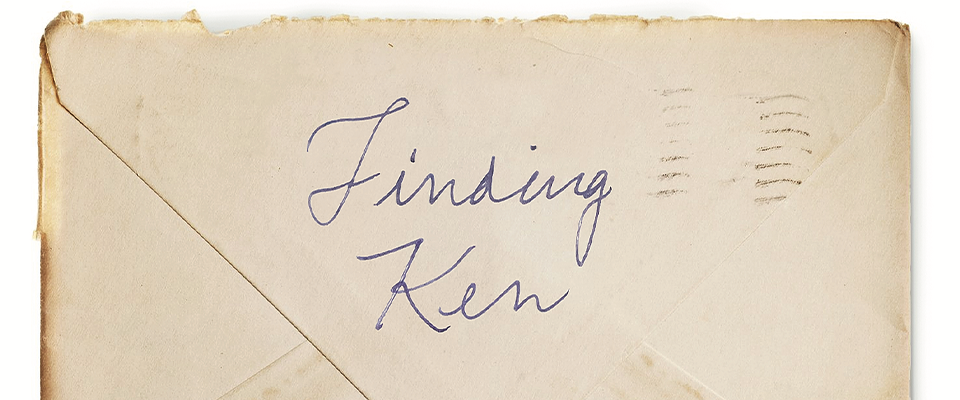Memoirists often fret about depicting real people who will eventually read the final product. But in Stay True, so much of the narrative revolves around your friend Ken, a fellow Cal student who died tragically during your time here. Was there a unique responsibility in writing about someone who is not here to read the book?
It’s indeed strange to turn oneself and one’s friends into characters. I tried to make it clear that the book is filtered through my memory, and all memory is leaky and fallible. I’m still friends with most of the people in the book, and I felt responsible to them, as well as to anyone who knew and loved Ken. Not responsible in the sense that I wanted to get their stories factually correct, but in the sense that I wanted to properly depict them as the heroes in my story, to pay tribute to them in ways I couldn’t at the time. He’s not physically here, but I assumed it would somehow reach him.
In May, Stay True won a Pulitzer for Memoir/Autobiography. Three months later, you joined more than 200 writers in signing an open letter challenging the Pulitzer Prize requirement that authors be documented United States citizens. What motivated you?
I’ve never understood why prizes or competitions abide by the logic of national borders, when the art they hold up is often about complicating or transcending those borders.

Your first book, A Floating Chinaman, focuses on the literary career of Hsi Tseng Tsiang, an underappreciated Chinese-American experimental writer who died in 1971. For those who want to get to know Tsiang’s work, what would you recommend?
Tsiang was a really iconoclastic writer and thinker. He self-published most of his books and sold them throughout the streets of Manhattan. This was before he moved to Hollywood and became a pioneering Asian-American actor. I find a lot of his writings to be very prescient about politics, identity, success, and failure. The easiest book to get ahold of is The Hanging on Union Square, which is this strange, bawdy, joke-filled satire about an unemployed man navigating Depression-era New York who may or may not rise above it all.
You’ve been a staff writer at the New Yorker since 2017 (joining a considerable roster of Cal alums, by the way). I’ve always wondered: How often do staff writers go in to work at the offices at 1 World Train Center? You and your family live in Brooklyn, so that’s just an A train ride away. But I have a hard time believing Lawrence Wright flies in from Austin on the regular…
That’s amazing. I had no idea all those people went to Berkeley!
I imagine writers used to go more often than they do now. It depends on a variety of factors, like whether you like writing in an office or at home, whether you’re the type who covets office space, how much writing you owe the magazine. I only write a few times a year so I’d have a hard time convincing them I needed dedicated space that could be put to better use by a fact-checker or copy editor.
You write so poignantly in Stay True about the artists and thinkers you gravitated toward as a young person, from Kurt Cobain to Jacques Derrida. What do you think about the fact that, for some young people today, your book means to them what those works meant to you?
I don’t mean to sound falsely modest, but I’ve never really thought about this, because it’s too weird to think about. It’s incredibly humbling for you to say that. I don’t have any answers to anything, and my work is really just a reflection of the conversations I shared with friends and teachers, the art that I was obsessed with. Hopefully, if people like what I do, it inspires them to seek out the stuff that influenced me (as I did for Cobain when I was obsessed with his music) and they feel inspired to do something totally different with all of it.
OK, last question: It’s 1997; you’re picking up your friends at Ida Sproul Hall and driving to a late-night burrito spot in the Mission District. If you leave at 11 p.m., crossing the Bay Bridge and finding street parking will take approximately 23 minutes. Given the time constraints, what tracks would have been on your ideal bridge-crossing mixtape?
What a delightful question. In 1997, and given the time of night and very PG task at hand, the tape would have probably had the Verve’s “Bitter Sweet Symphony” (slightly longer songs were always preferable for timing distances), DJ Shadow’s “Midnight in a Perfect World” (for late-night ambiance), My Bloody Valentine’s “No More Sorry” (same reason), Yo La Tengo’s “Autumn Sweater” (a 1997 favorite), the Beach Boys’ “God Only Knows” (a stalwart on mixtapes 1996–1998), and maybe some barely audible song by the Receptionists, Low, or Cat’s Miaow (for the dissonant joy of listening to something so quiet while cruising through the night).





















